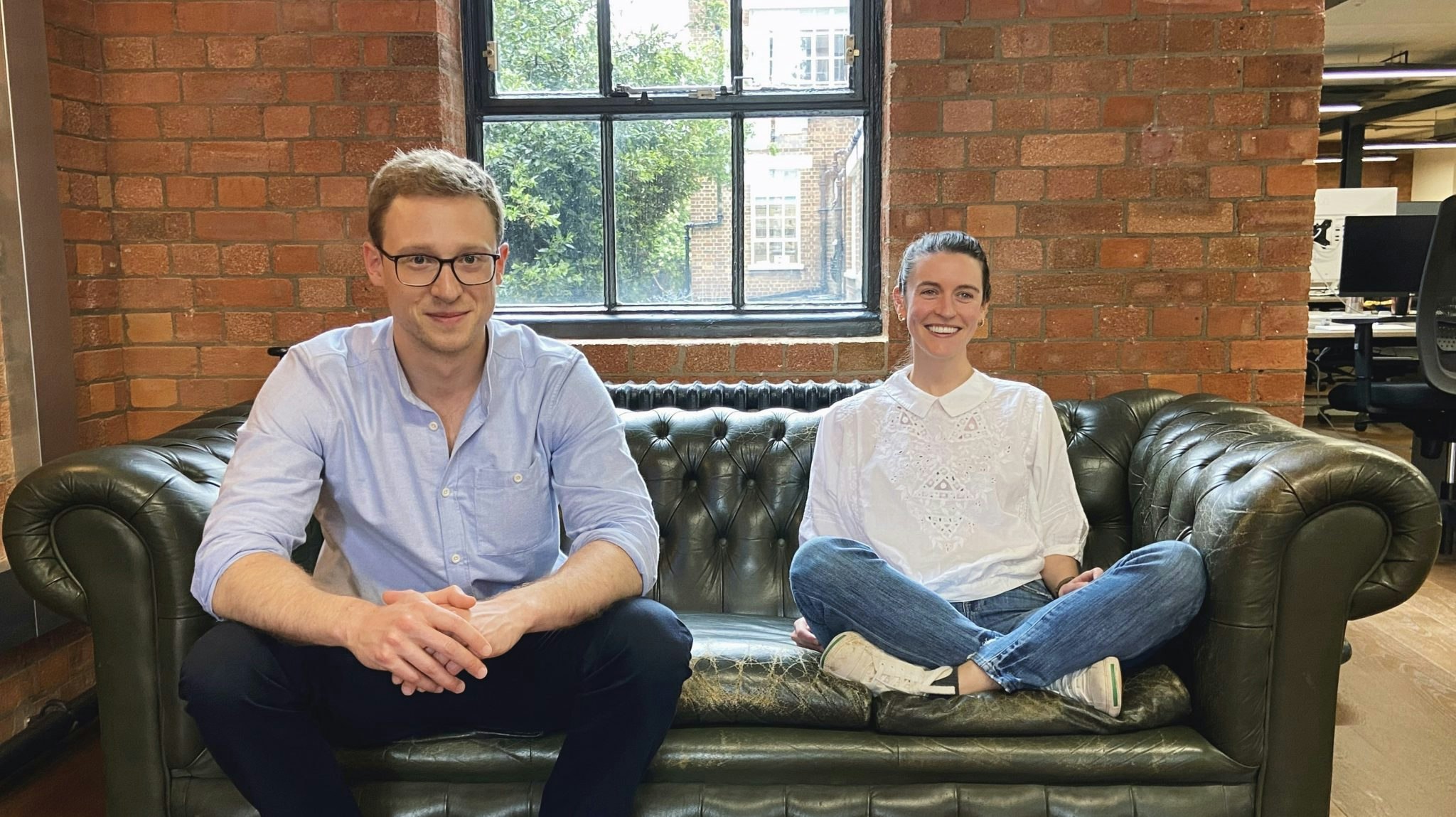A third of the world’s global economy is industrial — this includes construction, manufacturing and utilities. And in Europe, the construction market alone is worth nearly €2tn, accounting for 9% of the EU’s GDP.
But construction is at a crossroads. The sector has historically been very stagnant, growing just 2% in Europe over the past decade. Post Covid-19, it’ll likely boom as governments invest heavily in infrastructure — but as the industry emits a huge amount of methane and carbon dioxide, it’s also facing challenges over sustainability targets and regulation.
So with sustainability high on investors’ agendas, how is the construction industry developing its green credentials? And what role can startups play in creating sustainable alternatives? Sifted spoke to the experts to find out.
Sustainability through digitisation
The construction industry employs more than 18m people across Europe, but it’s not just its size that attracts investors and founders — it’s the potential impact of digitisation on an industry that needs to get its green agenda together fast.
“The building and construction industry’s appetite for raw materials is massive,” says Martin Pietzonka, head of innovation services at Startup Hub Berlin at real estate consulting company Drees & Sommer. “As its largest consumer globally, it accounts for nearly 40% of total global carbon emissions and produces enormous quantities of waste.”
[The sector] accounts for nearly 40% of total global carbon emissions and produces enormous quantities of waste.
Tackling how construction deals with waste is vital to meeting government sustainability targets, like the Paris Climate Agreement’s goal of limiting global warming to below 2°C and the UK’s target of reducing carbon emissions by 78% by 2035.
“We’ve taken a proactive and sustainable approach with our 'Cradle to Cradle (C2C)' design principle, where all constituents used in construction are chemically harmless and recyclable. In this process, no additional waste is created, only useful nutrients, paving the way to a circular economy,” says Pietzonka.
With their deep understanding of technology, startups have emerged as a fresh source of energy and cooperation partners to drive sustainable practices in the industry, says Pietzonka.
“They’re increasingly creating solutions for energy efficient smart buildings, new construction methods and materials by challenging construction and real estate companies with new ideas,” he says. “When tried and tested formulas fail, startups spot gaps and make compelling interventions that cut through.”
When tried and tested formulas fail, startups spot gaps and make compelling interventions that cut through.
According to a recent report by Dealroom, VC investment into industrial technology that speeds up production — things like AI and robotics — has grown ninefold in the past six years. It’s no surprise then that construction corporations like Drees & Sommer is starting to collaborate directly with startups by building innovation hubs that act as ‘creative laboratories’ to tackle sustainability issues.
“We believe that the future of the real estate and construction industry consists of ecosystems. We’ve developed 'Creators' to build bridges between startups, universities, freelancers, small and large companies. We organise meetings, exchange ideas and launch programs to help bring new innovations to the street together,” says Nathanie Ursinus-Vasiliadis, head of innovation scouting at Drees & Sommer SE.
Drees & Sommer has also started ‘Match’, a dating app-style open platform that matches startups and corporates.
“Imagine you’re a company looking for an ecological way to improve the carbon footprint of your processes. The Match platform recommends you best suitable partners for innovation based on your (search) profile,” Ursinus-Vasiliadis says. “You could call it the Tinder of the real estate and construction world.”
Their under-construction Stuttgart headquarters is hosting some of these new startup-corporate collaborations, which Ursinus-Vasiliadis says will be used to try out and commercialise new sustainable innovations.

She cites their partnerships with Dutch startup Madaster and Belgian startup BeeOdiversity as two such projects: “We have deployed Madaster to register the construction materials to create a material bank for the future that complements the C2C implementation in the new building, and BeeOdiversity to preserve biodiversity at our campus by studying the area’s honeybees.”
Drees & Sommer hopes both projects could turn into a basis for developing sustainable neighbourhoods and communities.
Tackling the supply chain
Besides working with Drees & Sommer on their headquarters, Madaster’s big idea is to give building materials a digital passport, allowing construction companies to access information on the quality, location and origin of each material in a building.
The database provides users with the material, circular and financial residual value of the materials, hopefully extending the lifecycle when it comes to reusing them. The Dutch startup hopes changes like this to the supply chain will have a ripple effect.
“To solve the energy crisis and transition from a linear to circular economy, we need systemic change. The construction sector is huge, both in its economic impact but also in its supply chain. In order to help this complex system adopt circularity, we need to work with a variety of established players, regulators and manufacturers,” says Pablo van den Bosch, cofounder of Madaster.
Madaster has partnered with a number of big European players including Drees & Sommer, Volker Wessels and Interboden since its founding in 2017. For van den Bosch, digitisation is key to sustainability.
“Beyond environmentally-friendly materials and flexible design and construction, I’m convinced that the level of technology use and transparency is going to increase substantially. Just like every other sector, data and technology will prove a gamechanger. Future-proofing your business will mean being transparent about what materials you’ve used and where,” he adds.
Beyond environmentally-friendly materials and flexible design and construction, I’m convinced that the level of technology-use and transparency is going to increase substantially.
Reducing waste
James Brueton is the founder of Envirobuild, a builders’ merchant for sustainable construction materials. He says startups have a crucial part to play in pushing construction towards sustainability by focusing on consumer demand.
“The innovation derived from startups is crucial to bringing change to the industry, where large businesses can be slow to evolve. The existence of startups is borne out of the need to solve pressing problems and they tend to have a laser focus on niche aspects of construction,” he says.
But Brueton believes there is one area that will define future sustainability in construction — waste, of which the sector created 374m tonnes in 2020, according to the European Union.
“With rising material costs, the biggest area for developers to increase sustainability is through reducing their material inputs and subsequent waste,” he says.
What’s required to reduce the embodied carbon of the construction industry is consistent political regulation.
And while consumers are demanding more sustainable practices in the construction companies they choose, Brueton believes it will require regulators and governments to provide incentives to truly make a dent in the industry’s waste problem.
“While individual changes are great in the fight against climate change and many construction companies are releasing green targets, in reality, simple economics won’t be enough to change industry practice,” says Brueton.
“What’s required to reduce the embodied carbon of the construction industry is consistent political regulation.”
Want to learn more about the future of construction? Read the latest Sifted Report on construction tech here.




